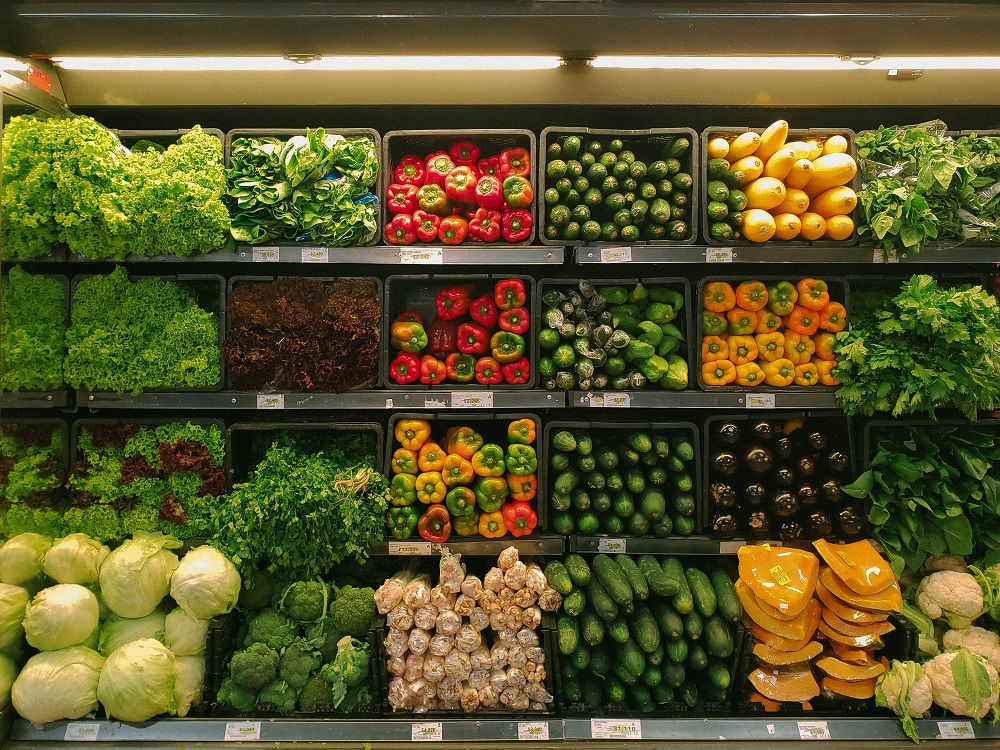According to a recent assessment from the U.N. Food and Agriculture Organization (FAO), systemic reforms – as well as advancements in biotechnology – are required to battle world hunger.
It’s obvious the existing quo won’t work, says Good Day BIO. Collectively, we are not meeting the U.N. Sustainable Development Goals. Furthermore, “without broader socioeconomic and environmental change,” FAO says, there won’t be enough food to feed the estimated 10 billion people who are expected to inhabit the planet by 2050.
Switching to more accessible, sustainable, and productive methods is one solution to combat world hunger. This is possible with four key “triggers of transformation,” which include:
- stronger governance,
- educated consumers,
- more equitable income and wealth distribution, and,
- cutting-edge technology and methodologies.
The FAO paper advocates for measures to guarantee “the more vulnerable producers be granted access” to biotechnology. These include technologies like gene editing, microorganisms, synthetic biology, and the use of bioreactors for lab-produced meals.

Biotech has an important role to play in the transition. Technological advancements can lessen the contributors to climate change, such as gene editing, which is being utilized to assist farmers in coping with drought, reducing crop loss and waste, enhancing nutrition, and even helping food animals tolerate increasing heat.
While societal change and sacrifice are necessary, the research finds long-term sustainable change is still attainable. However, this will only happen if “governments, consumers, corporations, academics, and the international community act now.”




